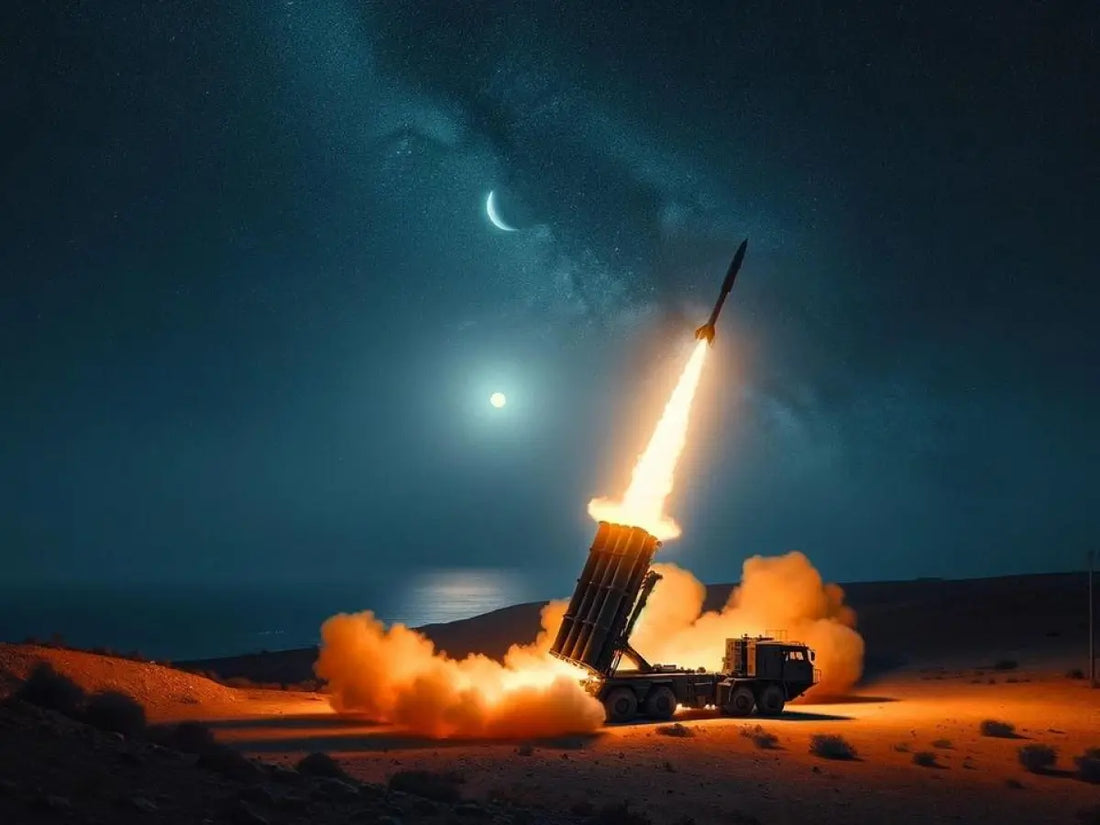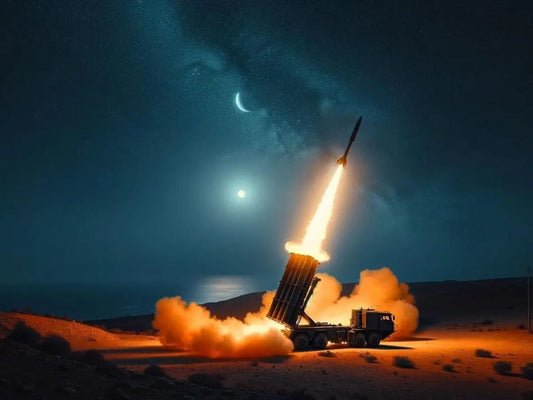India Allows Private Sector to Manufacture Missiles and Ammunition

In a significant development aimed at strengthening India's defense capabilities, the Ministry of Defence has invited private sector participation in the development and production of missiles, artillery shells, ammunition, and ordnance. This initiative is part of a broader effort to ensure that the Indian Armed Forces maintain adequate supplies during extended conflicts and to promote self-reliance in the defense sector under the Atmanirbhar Bharat initiative.
According to sources familiar with the situation, the decision was influenced by insights gained from Operation Sindoor, which highlighted the critical importance of stand-off weapons and long-range conventional missiles. The recent amendment to the Revenue Procurement Manual (RPM) now eliminates the requirement for private companies to obtain a no-objection certificate (NOC) from the state-owned Munitions India Limited (MIL) before establishing ammunition production facilities.
The revised policy permits private manufacturers to produce 105 mm, 130 mm, and 150 mm artillery shells, Pinaka missiles, 1,000-pound bombs, mortar bombs, hand grenades, as well as medium- and small-caliber ammunition. Additionally, the Defence Ministry has informed the Defence Research and Development Organisation (DRDO) of its intention to allow private sector involvement in missile development and integration. Current state-owned enterprises like Bharat Dynamics Limited (BDL) are reportedly unable to fully satisfy the growing demands of the Indian Armed Forces.
Experts emphasize that Pakistan's deployment of long-range Chinese air-to-air and air-to-surface missiles during Operation Sindoor underscores India's need to advance its own conventional missile capabilities, including systems like BrahMos, Nirbhay, Pralay, and Shaurya. This initiative is anticipated to augment DRDO's strategic missile programs while the private sector focuses on conventional armaments.
This strategic move also addresses the potential risks of ammunition shortages during extended conflicts and seeks to reduce reliance on foreign suppliers amid heightened global demand driven by ongoing conflicts in Ukraine and the Middle East. Defense analysts regard this as a crucial decision to enhance India's self-sufficiency, bolster its deterrence capabilities, and accelerate domestic advancements in essential defense technologies.
This policy shift represents a major transformation in India's defense manufacturing strategy, offering new opportunities for private industry to contribute to national security and ensuring that the armed forces are prepared for future high-intensity conflicts.



















